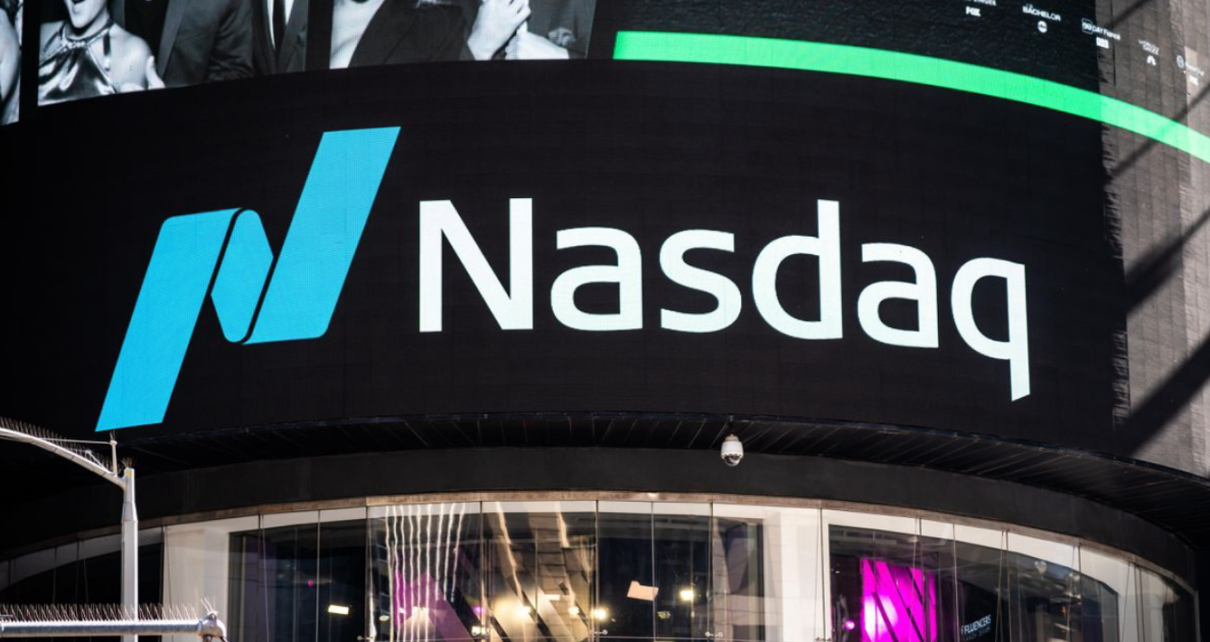- Alphabet and Microsoft reported weaker-than-expected quarterly earnings.
- Data released Tuesday indicated a decline in consumer confidence amid rising inflation.
- Markets are betting on a lower 50bps hike from the Fed in December.
Most U.S. Equity Futures index prices, including the E-mini Nasdaq-100 (NQ) futures, closed substantially higher on Tuesday, boosted by dropping benchmark Treasury yields. This could suggest that the Fed’s hawkish strategy may have been impactful.
“There’s increasing discussion about a light at the end of the tunnel for Fed rate hikes,” said Bill Merz, head of capital market research at U.S. Bank Wealth Management in Minneapolis.
“We’re seeing a bit of a reprieve in the dollar, and long-term bond yields have come down a little bit,” Merz added. “Those factors combine to provide room for a bit of a rally.”
Alphabet and Microsoft reported weaker-than-expected quarterly earnings, which caused their shares to drop by around 7%. That contributed to the Wednesday morning decline in Nasdaq-100 e-mini futures.
Expectations that the Federal Reserve may reduce the magnitude of rate hikes following its policy meeting on November 1-2 have grown due to a mixed bag of earnings and pessimistic forecasts, typically bad for markets. It suggests that the Fed’s onslaught of interest rate hikes is starting to impact investors, giving them hope for a pause.
Data released Tuesday indicated a slowing in home price growth and a decline in consumer confidence. Such indicators of economic weakness, which are typically bad for risk appetite, show that the Fed’s hawkishness is waning.
According to CME’s FedWatch tool, the financial market is almost evenly divided on whether the central bank will reduce its rate increase in December from 75 basis point increments to 50 basis points.

After two consecutive months of gains, U.S. consumer confidence declined in October due to growing worries about inflation and a potential recession in 2023. The Conference Board’s consumer confidence index decreased from 107.8 in September to 102.5 last month. Investors had expected it to fall to 106.5.
There are indications that the Federal Reserve’s aggressive interest rate increases are beginning to cool the labor market, as seen by a fall in consumers’ perceptions of “plentiful” employment and an increase in those who believe jobs are “hard to find.” If high-interest rates have the intended effects, the Fed might lower rate hikes, which could mean a bullish sentiment for Equity Futures indexes.




